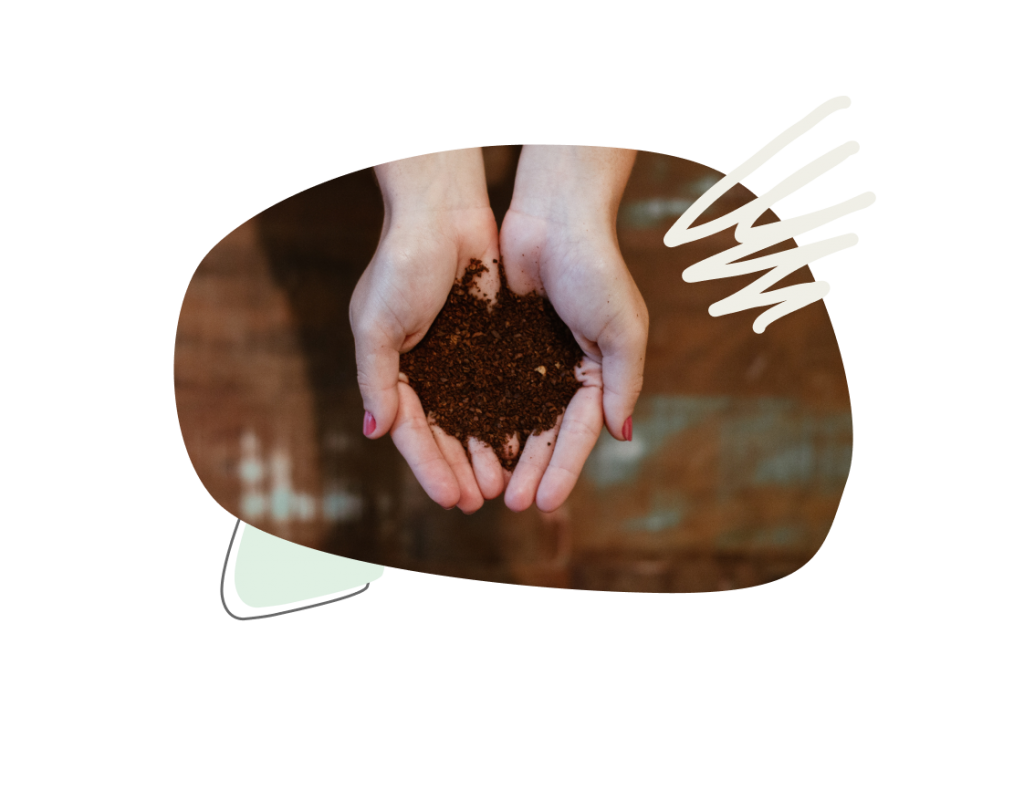Terramation vs. Traditional End-of-Life Methods: A Comprehensive Comparison
As conversations around sustainable funeral options gain momentum, terramation, also known as human composting or recomposition, has emerged as an eco-friendly alternative to traditional end-of-life methods. In this post, we will compare terramation with traditional burial and cremation, examining their environmental benefits, processes, and overall impact on the planet.
The Process
Terramation (Human Composting or Recomposition):
Terramation involves placing the deceased body in a vessel filled with organic materials such as wood chips, straw, and alfalfa. Over several weeks, natural microbial activity breaks down the body, resulting in nutrient-rich compost. This compost can be used to nourish plants, trees, and soil, effectively returning nutrients back to the earth.
Traditional Burial:
In a traditional burial, the body is embalmed, placed in a casket, and buried in a cemetery plot. Over time, the body decomposes, and the casket may deteriorate. However, embalming chemicals can contaminate the soil, and non-biodegradable caskets can have long-lasting environmental impacts.
Cremation
Cremation involves burning the body at high temperatures, typically between 1,400°F to 1,800°F (760°C to 982°C), until it turns into ash. The ashes, or cremains, can be placed in an urn, scattered, or buried. While cremation uses fewer resources than traditional burial, it produces greenhouse gas emissions and may release toxic substances, such as mercury, into the atmosphere.
Environmental impact
Terramation (Human Composting or Recomposition):
- Reduces land use for burials
- Recycles nutrients back into the ecosystem
- Lowers greenhouse gas emissions
- Does not rely on harmful chemicals like embalming fluids
Traditional Burial:
- Limited environmental benefits
- Consumes land resources
- Embalming chemicals may contaminate soil and groundwater
- Non-biodegradable caskets can have long-lasting impacts
Cremation
- Uses fewer resources compared to traditional burial
- Reduces land consumption
- Produces greenhouse gas emissions and potentially toxic substances
Cost
Terramation (Human Composting or Recomposition):
Not yet legally available in the UK, but costs in the United States range from $3,000-$5,000 (approximately £2,300-£3,800), which may give an indication of future UK pricing.
Traditional Burial:
Costs can vary widely depending on location, plot, and casket choice but generally range from £1,500-£10,000.
Cremation
Generally more affordable than traditional burial, with costs ranging from £1,500-£3,500, including basic funeral services.
Cultural acceptance
Terramation (Human Composting or Recomposition):
As a relatively new method, terramation may face some cultural resistance initially. However, as awareness of its environmental benefits increases, it is likely to gain broader acceptance over time.
Traditional Burial:
Widely accepted across various cultures and religious traditions, making it a common choice for many families.
Cremation
Accepted by many cultures and religions, with some preferring it over burial. In recent years, cremation has become increasingly popular due to its lower costs and smaller environmental footprint compared to traditional burial.
Terramation offers a sustainable and environmentally friendly alternative to traditional end-of-life methods. As our understanding of the ecological impact of conventional burial and cremation grows, more people are likely to consider terramation as a viable and eco-conscious option for themselves or their loved ones.
Though not yet legally available in the UK, interest in terramation is growing, and it is expected that legislation will change in the near future to accommodate this innovative practice. By embracing terramation and other sustainable funeral options, we can contribute to a greener future and honour our loved ones in an eco-friendly manner.
Stay connected with our website for more updates on terramation, sustainable funeral options, and the latest developments in eco-friendly end-of-life practices in the UK.
Are you interested in a natural, more sustainable funeral?
Right now, human composting and terramation are not legal in the UK. But we want to change that. Add your voice to our Close the Circle campaign and help more people give back to the Earth at the end of life.

